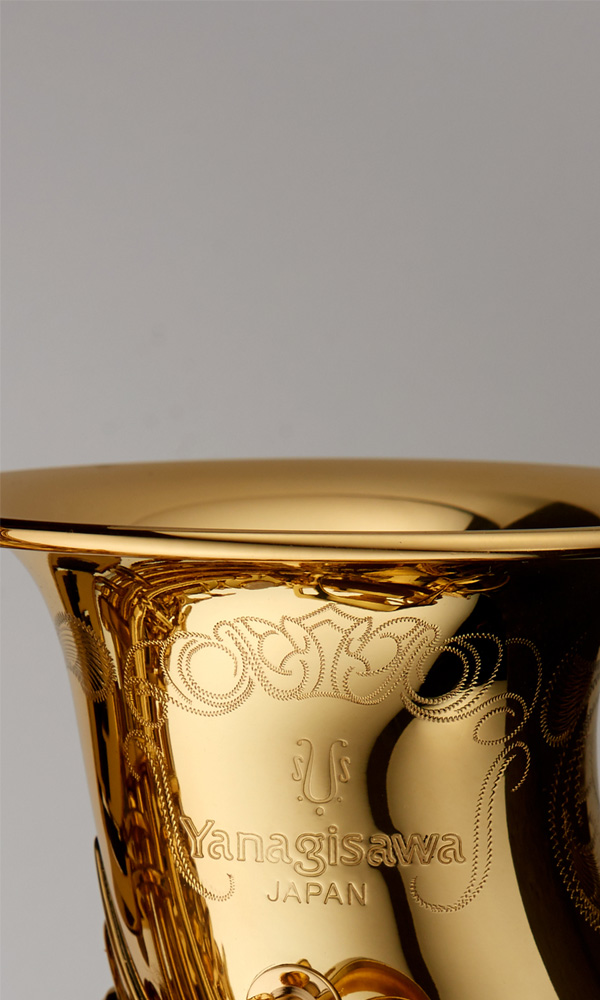The Names
Behind Our Legacy
With over 750 years of combined heritage, the Conn Selmer portfolio embodies a legacy of elite craftsmanship, innovation, and uncompromising quality. Our brands are renowned for their commitment to superior musical performance and unrivaled sound.
Founded in 1931 in Elkhart, Indiana, by craftsman William Teasdale Armstrong, a respected C.G. Conn foreman, Armstrong began as a small flute repair shop and expanded into instrument manufacturing for professional musicians. His son Edward later carried this legacy forward, recognizing the importance of providing well-crafted, reliable instruments for the growing number of student and community players.
In the 1970s, Armstrong partnered with British flute maker Albert Cooper to develop a new flute scale that refined tuning, tone-hole placement, and headjoint design. This collaboration led to the 102, 103, and 104 model platforms that remain industry standards. Now part of Conn Selmer, Armstrong continues to serve student and developing musicians with instruments defined by a legacy of high-quality performance.
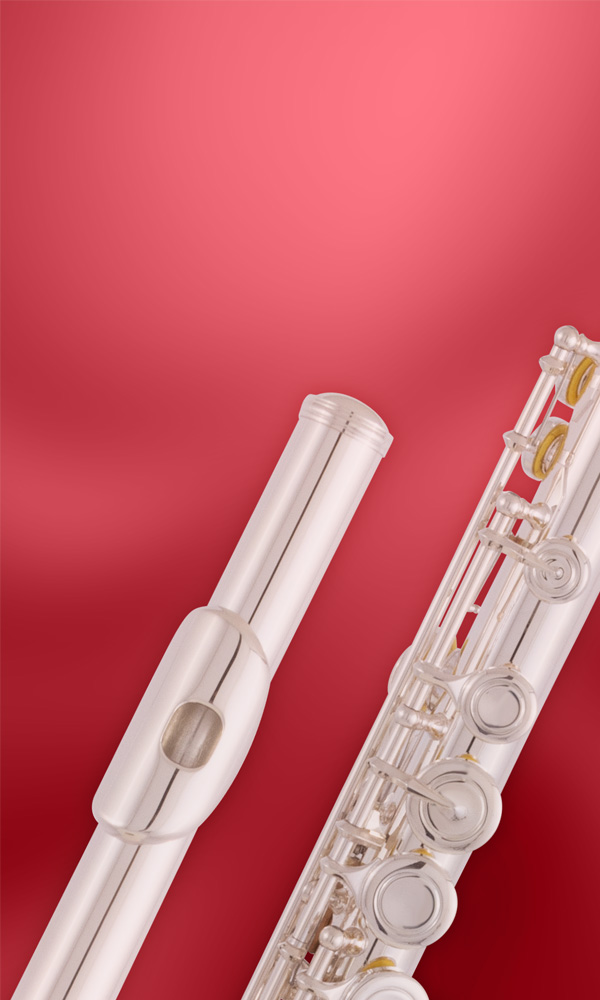
Founded in 1918 by Vincent Bach, the Bach legacy was born from a pursuit of perfection to create brass mouthpieces and instruments that combined technical precision with the artistry of a musician. Combining his expertise as an engineer with his experience as a performer in military ensembles, symphony orchestras, and as a soloist, Bach crafted brass mouthpieces, trumpets, and trombones to meet the highest professional standards. His craftsmanship quickly earned a reputation as the “Stradivarius of brass,” defining the benchmark for sound, balance, and tonal beauty.
In 1965, production moved to Elkhart, Indiana, where master artisans continue to handcraft each instrument to the same uncompromising standards. For more than a century, Bach has set the gold standard in brass, offering world-class trumpets, trombones, mouthpieces, and accessories trusted by musicians of every level. From the classroom to the concert hall, Bach instruments embody timeless excellence, unmatched craftsmanship, and the enduring vision of their founder.
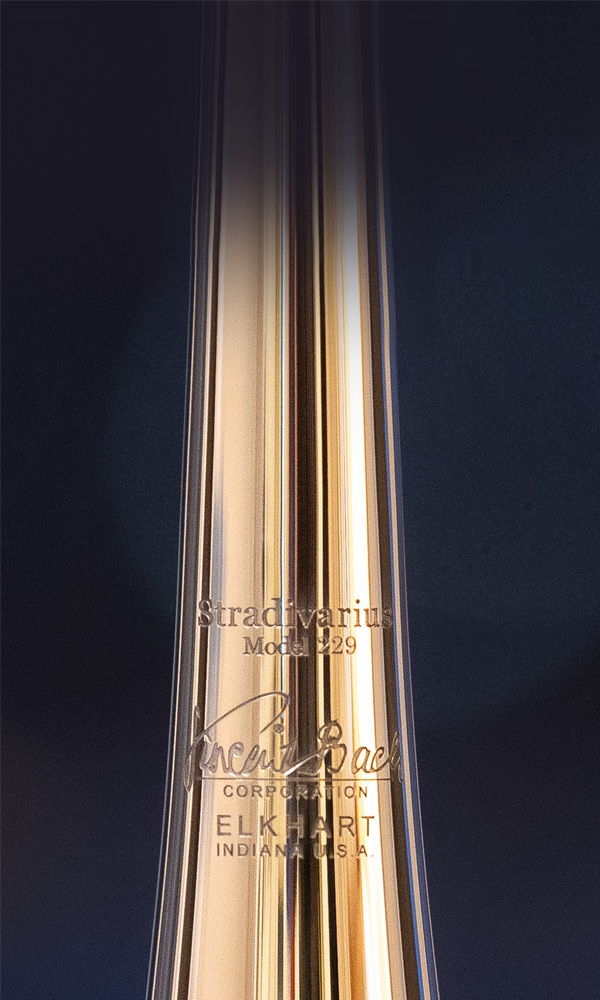
Charles G. Conn was a Civil War veteran of the U.S. Army who also played cornet in the local community band. Conn's entrance into the musical instrument manufacturing business was the result of a split lip, which sparked Conn's first mouthpiece design in 1874, with a full line of instruments soon to follow. In 1896, Conn founded the Conn Conservatory to train brass instrument teachers. By 1905, the C.G. Conn Company had become the world's largest musical instrument factory, and was based in Elkhart, Indiana.
By the 1970s, about 40% of the world's band instruments were made in Elkhart, earning the city the reputation of the Band Industry Capital of the World. Today, Conn Selmer maintains manufacturing and its headquarters in Elkhart, embodying C.G. Conn's spirit of continuous innovation, enduring quality, and advocacy for music education.
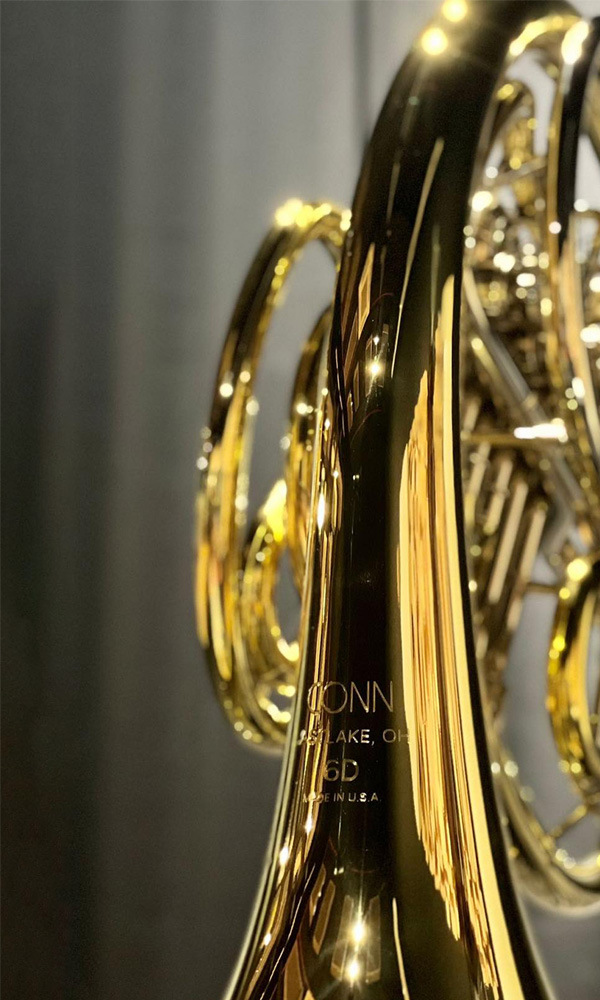
Founded in 1896 in Chicago by Frank Holton, a former member of Sousa's Band, the Holton company began as a small shop selling secondhand instruments and Holton's signature “Electric Oil” trombone slide oil. Within just a few years, Holton introduced the “Holton Special” trombone, establishing a reputation for instruments with exceptional response, craftsmanship, and character. By 1917, Holton relocated to Elkhorn, Wisconsin, where his factory became a cornerstone of the community and a hub of brass innovation.
Throughout the 20th century, Holton instruments earned the trust of professional musicians and became renowned for French horns. Now part of the Conn Selmer family, Holton continues to embody its founder's commitment to artistry, quality, and producing instruments that “feel alive” in the hands of players.
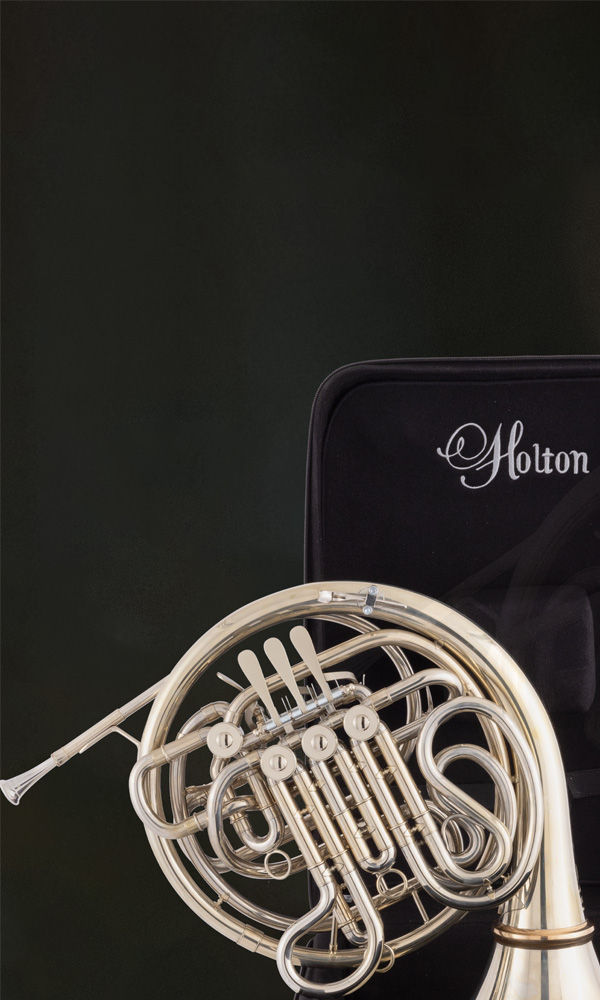
The King story began in 1894 in Cleveland, Ohio, when instrument maker Henderson White partnered with trombonist Thomas King to create a new kind of brass instrument with exceptional projection, tone, and playability. King's commitment to acoustical research led to rapid growth, supplying instruments for U.S. military bands during World War I and setting new standards in brass and woodwind manufacturing.
Through the swing era and into the golden age of jazz, King instruments became the choice of legendary performers. From concert halls to marching fields, King instruments earned a reputation for brilliance, durability, and unmistakable sound. Today, as part of the Conn Selmer family, King continues to embody American craftsmanship and performance excellence for musicians around the world.
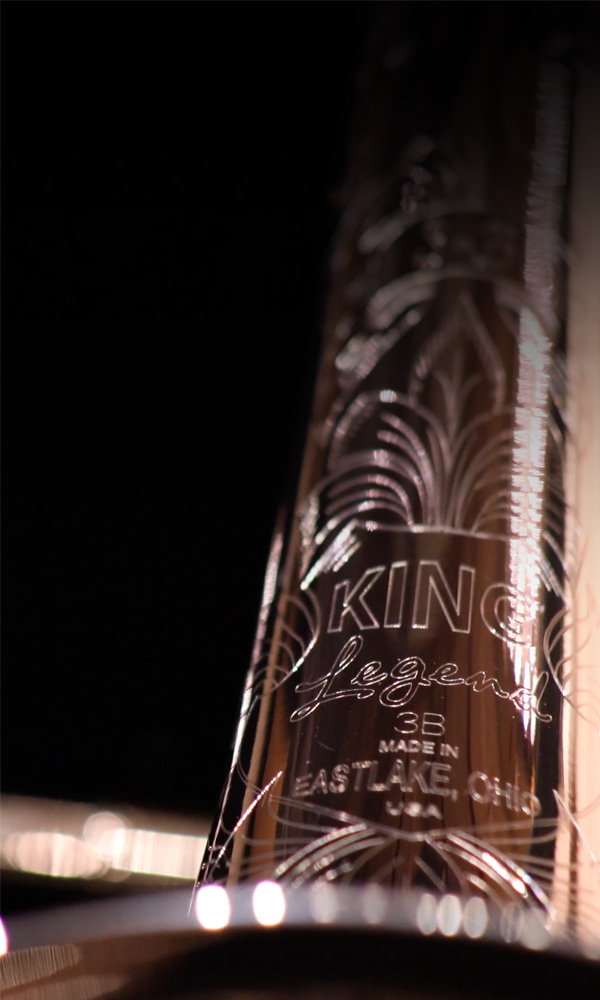
Leblanc's heritage traces back to 1750 with the founding of Ets. D. Noblet, the oldest instrument manufacturer in France. In 1905, Georges Leblanc acquired Noblet, merging centuries of French craftsmanship. Together with his wife, Clemence, who later managed the factory during World War I, and their son, Leon, an accomplished clarinetist and Paris Conservatory prizewinner, the Leblanc family applied scientific acoustics to manufacturing, producing innovations that shaped woodwind design globally.
In 1946, Leblanc expanded to the U.S. in Kenosha, Wisconsin, producing and distributing Leblanc instruments in partnership with Vito Pascucci, the former Glenn Miller band repairman. Today, Leblanc is a part of Conn Selmer, bringing French craftsmanship, comfort, and durability to a new generation of student and advancing players.
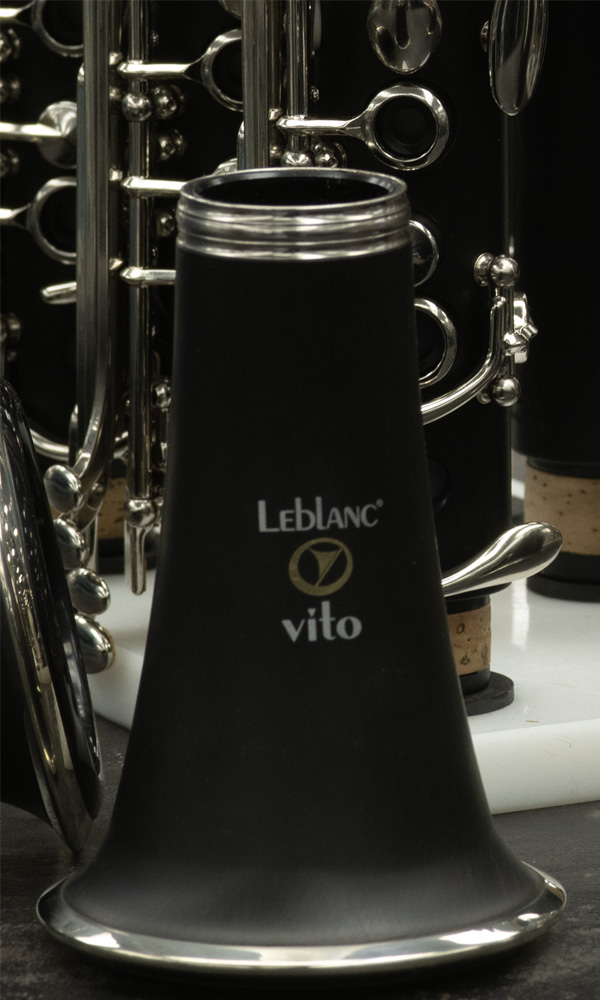
Founded in 1909 in Chicago by brothers William F. Ludwig Sr. and Theobald Ludwig, the Ludwig Drum Company began as a family dream to build instruments that elevated percussion performance. From its earliest innovations in drum design to its global breakthrough in 1964 when Ringo Starr played a Ludwig kit on The Ed Sullivan Show, Ludwig became synonymous with excellence, precision, and the unmistakable sound of modern drumming.
For more than a century, Ludwig has remained the most famous name on drums, trusted by professionals, educators, and students alike. Now part of the Conn Selmer family, Ludwig continues to craft world-class drums, timpani, and concert percussion instruments with the same artistry and attention to detail that defined its founders' vision. Rooted in American craftsmanship and driven by passion, Ludwig continues to shape the rhythm of music around the world.
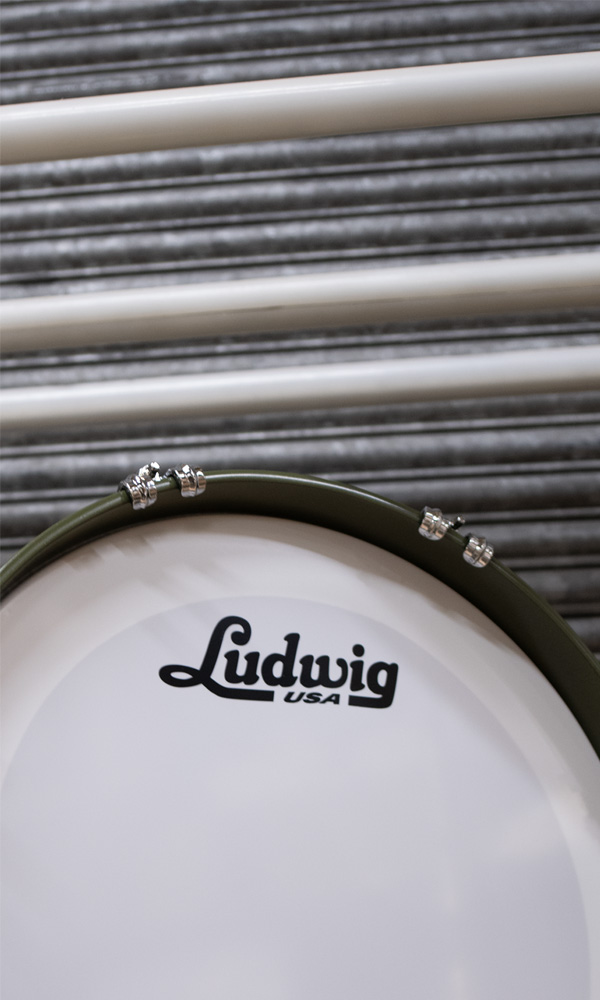
Musser was founded in Chicago in 1948 by Clair Omar Musser, a visionary percussionist, composer, and engineer, and one of the most influential figures in mallet percussion history. Guided by Musser's artistic and technical brilliance, the brand introduced innovations in bar design, frame construction, and playing technique, including the famed Musser grip, which reshaped marimba performance for generations.
Today, as part of the Conn Selmer family, Musser remains first in class for concert and educational mallet instruments. From handcrafted marimbas and vibraphones to chimes, xylophones, and bells, every Musser instrument reflects the same spirit of ingenuity and precision that defined its founder. Built for players who demand exceptional tone, balance, and response, Musser continues to set the global standard for mallet percussion.
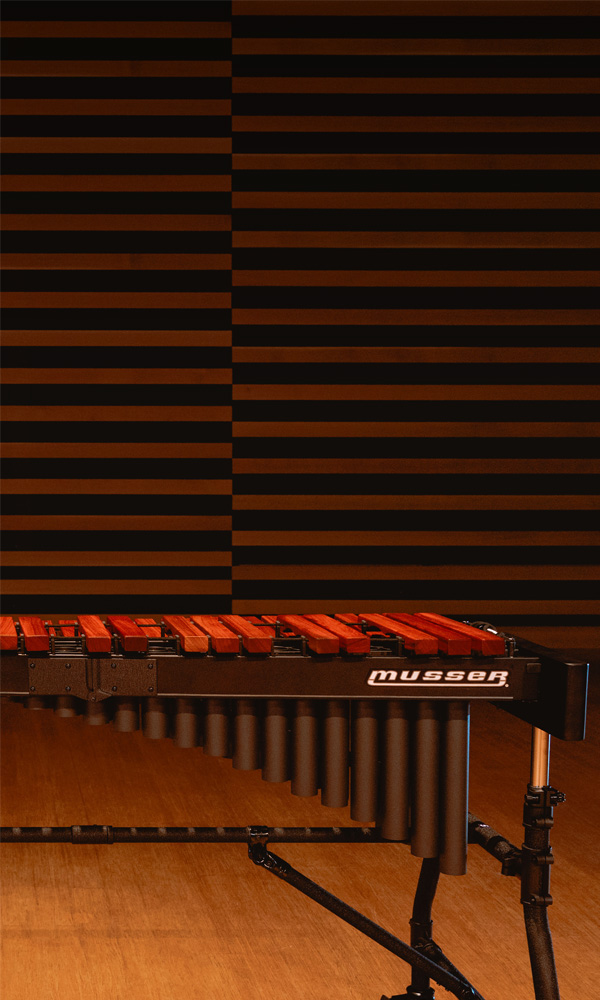
Founded in Paris in 1885, clarinetist Henri Selmer began crafting reeds and mouthpieces before expanding into clarinets and saxophones. In 1929, Henri Selmer acquired the Adolphe Sax workshops, merging their expertise and preserving the instrument's original lineage. Over decades, its workshops became synonymous with innovation, pioneering designs still used today.
For more than 140 years, Henri Selmer Paris has stood at the zenith of woodwind artistry, introducing landmark designs celebrated by legendary musicians from jazz and classical alike. Henri Selmer Paris offers the complete saxophone family and remains the gold standard of French excellence and musical soul. As the North American distributor of this heritage brand, we celebrate its craftsmanship, timeless elegance, and enduring influence on the world of music.
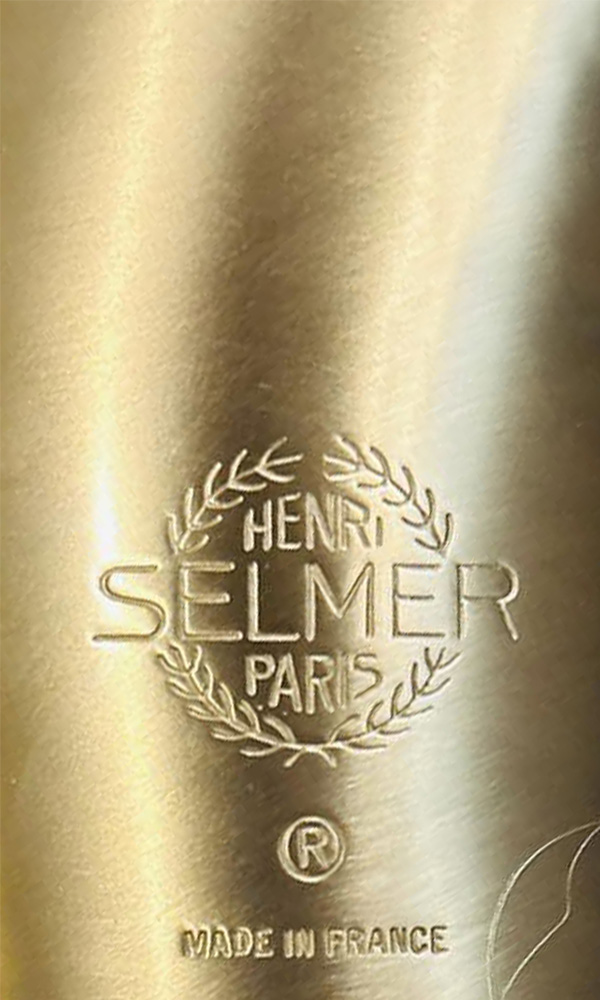
As the American counterpart to Henri Selmer Paris, Selmer (USA) traces its roots to 1904 when Henri Selmer's brother, Alexandre Selmer, opened a New York-based business to offer French-made instruments to a growing community of musicians. When Henri's brother, Alexandre, returned to France, he entrusted the business to his student George Bundy, who formally incorporated the H. & A. Selmer (USA) Company in 1923. As jazz and band music flourished in the United States, Bundy expanded Selmer's reach by producing instruments for students and advancing players while importing professional models from Selmer Paris.
By the 1960s, Selmer had become a leader in American wind instrument manufacturing, moving production to Elkhart, Indiana. Today, Selmer instruments continue to reflect their Parisian lineage, offering smooth, balanced response, precision keywork, and enduring quality for musicians refining their sound on the path to mastery.
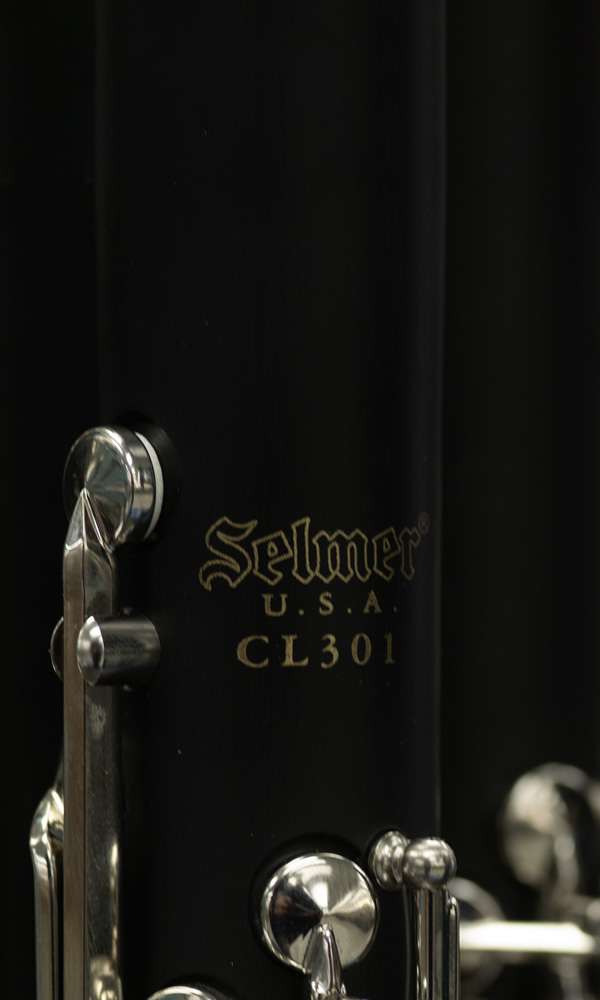
Yanagisawa's story began in 1893, when Tokutaro Yanagisawa opened a repair workshop in Japan specializing in woodwinds for military bands, evolving into Japan's first woodwind instrument factory. His commitment to precision and acoustic integrity laid the foundation for a company that would redefine saxophone craftsmanship. In 1951, his son Takanobu built the first Yanagisawa saxophone, marking the beginning of a legacy centered on innovation, artistry, and meticulous attention to detail.
Today, every Yanagisawa saxophone is handcrafted in Japan by expert artisans dedicated to purity of sound and mechanical excellence. As the exclusive North American distributor under Conn Selmer, Yanagisawa embodies precision Japanese craftsmanship and elevates the woodwind experience for advanced players seeking refined sound and build quality.
